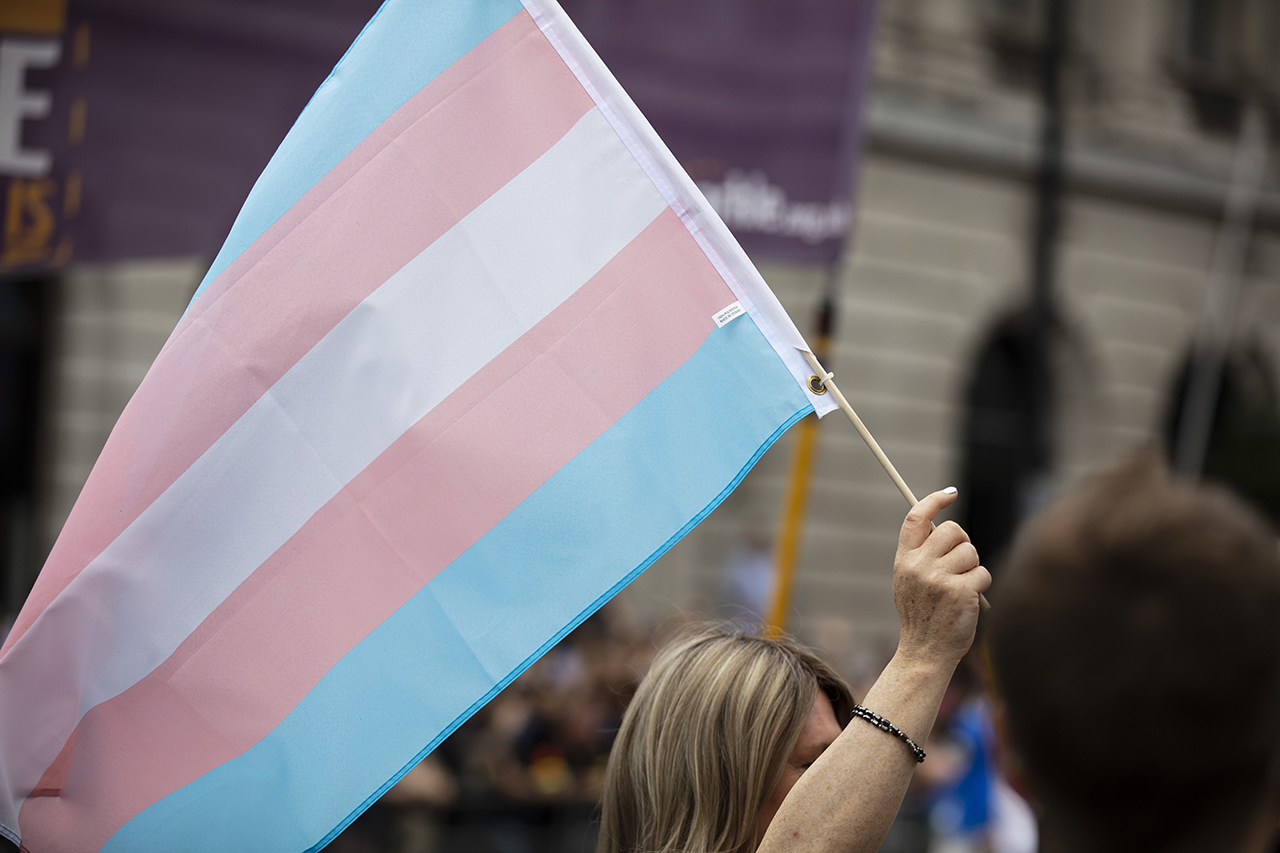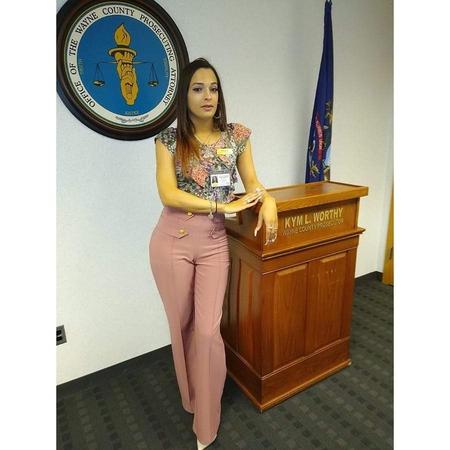Matching IDs for Transgender People Is Life-Saving for the Community, Local Activist Says
Julisa Abad, Director of Transgender Outreach and Advocacy for the Fair Michigan Project, spearheaded a name change clinic that has helped over 100 trans individuals legally change their name.

Members of the trans community are disproportionately impacted by violence — and some of the hostility has been state-sanctioned. Governmental entities have outed trans individuals by refusing to acknowledge their gender or chosen name. That trickles down into other areas of their life — like getting health insurance.
Late last year, Secretary of State Jocelyn Benson announced that residents have a nonbinary option for their driver’s license.

Julisa Abad is the Director of Transgender Outreach and Advocacy for the Fair Michigan Justice Project. She says just removing some government bureaucracy improves inclusivity and makes the trans community safer.
“The Fair Michigan Justice Project also understands the importance of having identification that matches. Michigan is an at-will state where you can be discriminated against when it comes to getting housing, getting medical attention, looking for employment or even somewhere stable to live. So we have a name change clinic that I have spearheaded, where we’ve helped over 100 trans individuals legally change their name, and have documentation that matches.”
Ensuring trans people have documentation that matches who they are is “life saving for my community,” Abad says.
“Look at the disparities that trans people go through, particularly trans women of color. When we look at where they are on the totem pole of LGBTQ rights, they are the most marginalized … [they] experience violence, experience homelessness, experience fatalities. The life expectancy for a trans woman of color is 35 years old. So having documentation that doesn’t out you in certain public places, things that people take for granted, going to a doctor’s office, if they now call the wrong name, where people weren’t aware that you are transgender. Now, you’ve just been outed, and you’ve been put in an unsafe position.”
Abad says while there is still a lot of work to do to help trans people in Wayne County, “we also have to talk about how far we’ve been able to come. Since I started with the Fair Michigan Justice Project in 2016, we have a LGBT liaison in the Detroit Police Department that we work with, Corporal Dani Woods. We work really close with her when unfortunately, something happens to our community, which we didn’t have that before.”
Health insurance is another barrier trans people may face. “And obviously, that’s a barrier to just be able to have health insurance. If you want to surgically transition in the way that I have, you again have to have health insurance. You have to be knowledgeable. If the health insurance company denies you, you can appeal it, and have backing and organizations that will help you to get your gender affirming surgeries that you want. A lot of times I think that trans individuals want things, but really don’t do the research or have the knowledge because for so long, these things haven’t been attainable.”
Listen: Julisa Abad of Fair Michigan Project says removing bureaucracy improves inclusivity.
Trusted, accurate, up-to-date.
WDET strives to make our journalism accessible to everyone. As a public media institution, we maintain our journalistic integrity through independent support from readers like you. If you value WDET as your source of news, music and conversation, please make a gift today.

